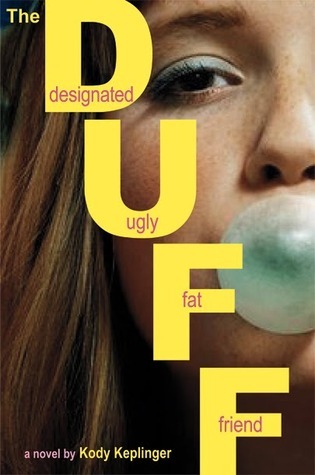Apparently I'm a sucker because regardless of that short story warning, I just started his latest undertaking, 11/22/63. It deals with time travel and possibly stopping the Kennedy assassination. It was all going along beautifully until about 120 pages in and the protagonist arrives at a town...
Not just any town.
A town with a pervading feeling of...wrongness.
Oh, and people who murder each other with hammers.
Hammers.
At that point, I closed the book and haven't opened it for two days. It's like I'm afraid of the book.
It is similar to the children's book - There's a Monster at the End of this Book - only in this case the monster is 1/6 of the way in. And really, it is probably only the first of many "monsters" to be dealt with in the massive tome.
Now, unlike Joey and Rachel on Friends when they read Cujo - when a book frightens me I don't put it in the freezer.
But I'm considering it.
Right now it is on my bedside table.
Next to where I sleep.
Sitting there all night.
Who knows what could happen.
Safety first.
When reading.
Freezer.
"Take care of yourself...and say! Did you maybe leave the oven on? Or forget to turn off the gas under your patio barbecue? What about the lock on the back door? Did you remember to give it a twist? Things like that are so easy to forget, and someone could be slipping in right now. A lunatic, perhaps. One with a knife. So, OCD behavior or not...Better go check, don't you think?"
Stephen King
Stephen King


















































